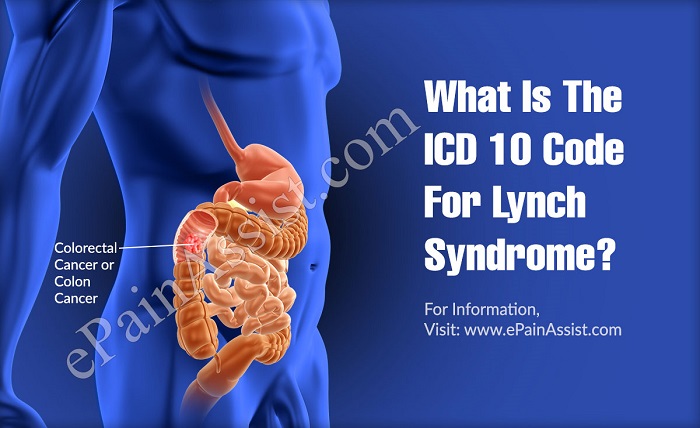Colon Cancer Diagnosis Code 10

A colon cancer diagnosis code is used to identify the type and stage of the disease. There are two main types: a malignant tumor and a benign tumor. A malignant tumor will spread throughout the body and destroy tissue, while a benign tumor is limited to the colon. The code for a tumor may derive from the ICD-O system.
Stages of colon cancer
Colon cancer is classified according to different stages. Stage I is the earliest stage when it is not widespread. Stage II cancer has spread to distant tissues, lymph nodes, and organs in the body. Stage III is the most advanced stage. By this time, cancer may have spread to other parts of the body and have metastasized.
After stage III, colon cancer may spread to distant organs. This is the most dangerous stage. It can spread to distant organs, such as the liver. In some cases, it can spread to distant lymph nodes and the brain. However, the prognosis is not completely clear.
There are several symptoms of colon cancer, including bleeding at the time of urination, rectal bleeding, and abdominal pain. The type of tumor and its location can influence the symptoms. If the tumor is advanced, the patient may need surgery or chemotherapy. These treatments can remove cancer completely, or help alleviate the symptoms.
Screening
Screening for colon cancer involves the use of several blood-based markers. The most popular and effective blood test is the Septin 9 DNA-methylation assay. In two recent studies, this test yielded results that were lower than expected. The researchers hypothesized that co-morbidities and patient demographics could have affected the results. To test this hypothesis, they studied the plasma of 150 cancer patients and 150 controls. Both groups were matched for age and gender. They were also stratified according to tumor stage and site.
There are three different types of colon screening tests. One of these tests involves a screening colonoscopy. The test detects polyps in the colon and can also detect high-grade dysplasia. However, it is not recommended as a stand-alone screening test.
Another method is blood-based biomarker panels. These test kits use genetic markers to calculate a person’s risk of developing colon cancer. Cologuard, for example, detects the presence of seven specific genes associated with colorectal neoplasia.
Surveillance
Surveillance for colon cancer is a critical component of early detection of colon cancer. It is vital to identify any suspicious lesions and perform a conventional colonoscopy to check for signs of cancer. In addition to performing a colonoscopy, a full-spectrum endoscopy may detect lesions that would not be visible with a traditional colonoscopy.
It is essential to understand the difference between a screening colonoscopy and a diagnostic colonoscopy. The former involves screening individuals who are not showing any signs of colon cancer and are undergoing the procedure without a diagnosis. Screening examinations are performed at intervals less than ten years after a previous colonoscopy. However, certain high-risk patients may have to undergo screening colonoscopies earlier than 10 years.
Recently, the USPSTF (U.S. Preventive Services Task Force) recommended that patients be tested for DNA methylation in their blood. While this test is a promising new option, its sensitivity is low compared to recommended screening methods. In addition, there are many false-positive results associated with this test.
Adjuvant chemo
Adjuvant chemotherapy is often recommended for patients with stage III colon cancer and should begin within 12 weeks of surgery. It can also be started sooner if medically necessary. Depending on the patient’s stage and cancer stage, chemotherapy can be three to six months or up to 12 months for patients with stage IV or high-risk disease.
Depending on the stage of cancer, 5-FU-based chemotherapy can be considered. It is usually used for a minimum of six months. Oxaliplatin is also an option. Patients should be screened for MSI and MMR status before starting adjuvant chemotherapy. If these tests are negative, the patient should not receive adjuvant chemo. Ultimately, a shared decision-making process should be used when deciding whether to continue adjuvant treatment.
Adjuvant chemo may also have benefits in older patients. The authors used data from cancer registry databases and administrative data to examine whether adjuvant chemotherapy improved the survival rate in patients with stage III colon cancer. Because older patients are often excluded from RCTs, these results are important because they can inform treatment decisions for this population.





